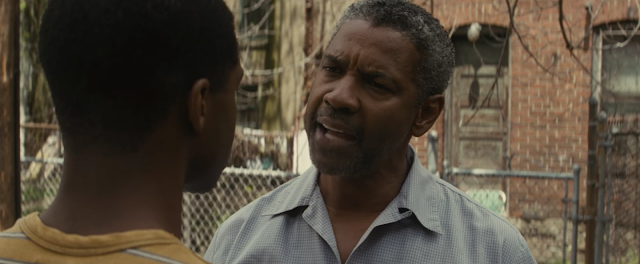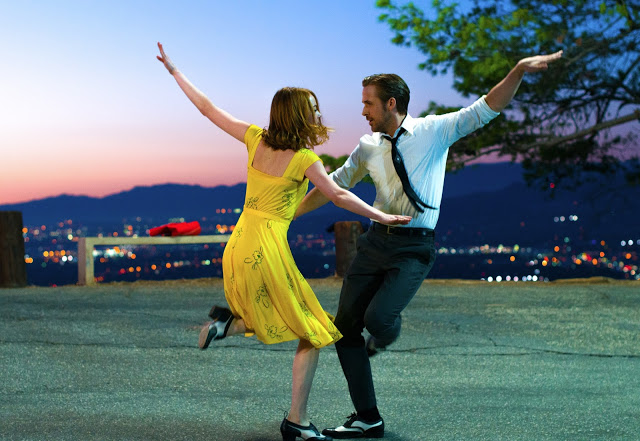Silence: Keeping the Faith, But Losing His Way
There are passion projects, and then there’s Silence, an enormous undertaking that the 74-year-old Martin Scorsese has been trying to make for more than a third of his life. Instantly announcing itself as a Very Important Film—it opens on a black screen to the chirping of crickets and croaking of frogs before the noise suddenly cuts out, rendering the title card eponymous—it is markedly different from the director’s most popular works. There are no avaricious gangsters, no amoral sinners, no Rolling Stones songs, no De Niros or DiCaprios. Independently, this stylistic departure is by no means problematic; filmmakers should hardly be expected to pigeonhole themselves within particular genres or methods. But Silence’s dissimilarities to the rest of Scorsese’s oeuvre go beyond topic or setting—other features that typically attend one of his productions are also absent. There is, for example, no joy, no humor, no entertainment, no energy. When viewed from a long distance, Silence reasonably resembles a hugely ambitious, sporadically staggering work of art. Only when you get up close and try to engage with it do you realize it’s the worst movie Scorsese has made in several decades.
Of course, that doesn’t mean all that much—even Scorsese’s relatively minor works (Hugo, Bringing Out the Dead) tend to thrum with vigor and excitement. But Silence, which chronicles the persecution of Christians in seventeenth-century Japan, is different. Scorsese has long grappled with the weighty themes and thorny contradictions of Catholicism, most notably in The Last Temptation of Christ, his gripping telling of the Crucifixion that concluded with an operatic and highly controversial detour. Yet where Last Temptation was robustly entertaining as well as intellectually fascinating, Silence betrays no interest in narrative momentum. The result is a cruel irony: Here is a film that was unquestionably a monumental labor to create, yet it exhibits no discernible effort to actually connect with its audience. It’s a violation of the very selflessness that Silence preaches; Scorsese has made this movie for nobody but himself. Read More





